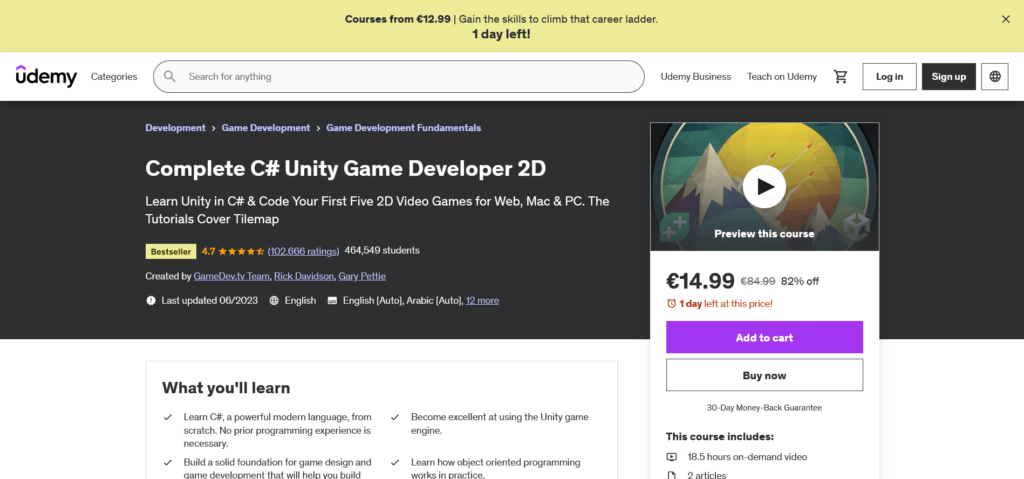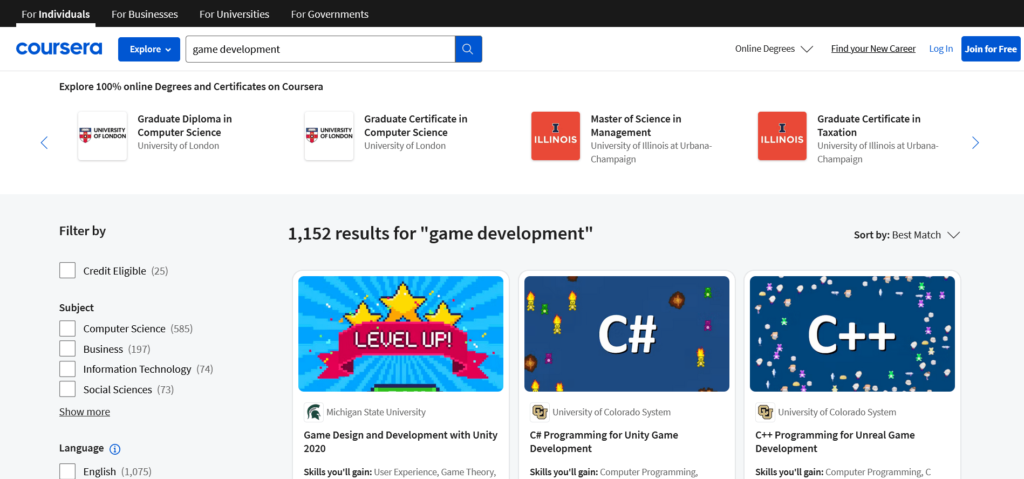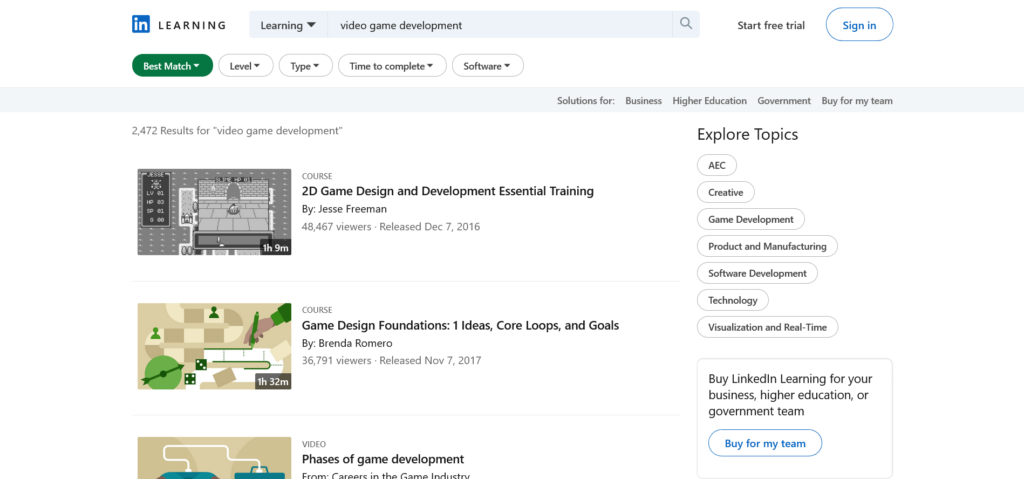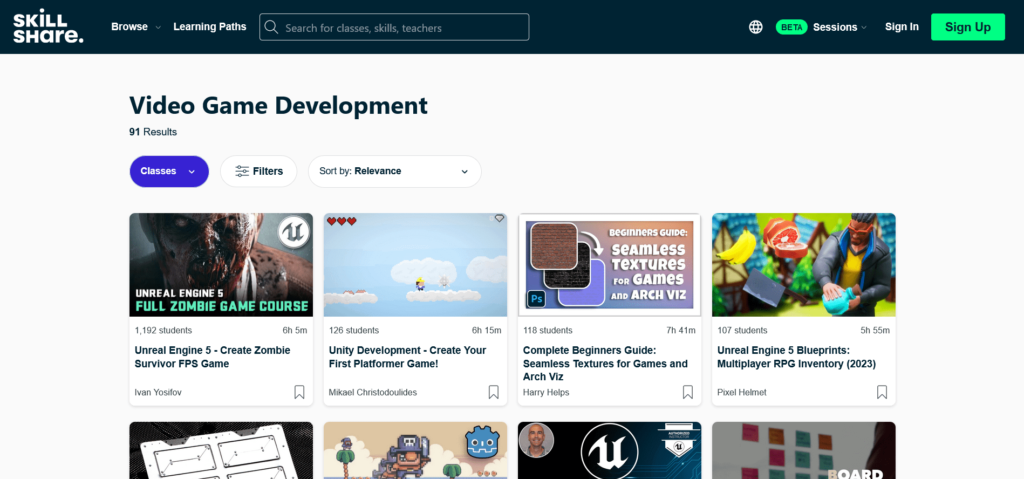Introduction
Are you a passionate gamer dreaming of turning your hobby into a career? Exploring the best entry-level jobs in the video game industry is your first step towards making that dream a reality. In this comprehensive guide, we delve into the diverse array of opportunities awaiting enthusiastic individuals like yourself. Whether you’re skilled in programming, art and design, quality assurance, or community management, there’s a place for you in the dynamic world of gaming. Join us as we uncover the pathways to success and reveal the best entry-level jobs in the video game industry that could kickstart your journey towards an exciting and fulfilling career.
Quality Assurance Tester
One of the most common entry points into the gaming industry is through the role of a Quality Assurance (QA) Tester. QA Testers play a crucial role in ensuring that video games are free from bugs, glitches, and other technical issues. This position allows individuals to gain valuable insights into the development process, understand the intricacies of game design, and work closely with developers to create a polished final product. Strong attention to detail and a passion for problem-solving are key attributes for success in this role.
Customer Support Representative
For those who possess excellent communication skills and a deep understanding of gaming, a position in customer support can be an ideal entry point. Customer Support Representatives in the gaming industry assist players with inquiries, troubleshoot technical issues, and provide assistance with game-related concerns. This role not only allows individuals to engage with the gaming community but also provides insights into player preferences and concerns, which can be valuable for future roles within the industry.
Game Tester
While similar to QA testing, game testing involves assessing the overall gameplay experience, including mechanics, graphics, and user interface. Game Testers provide feedback on the game’s playability, fun factor, and overall user experience. This role is essential in refining and enhancing the gaming experience for players. Game Testers often work closely with development teams and contribute significantly to the iterative process of game development.
Junior Game Designer
Aspiring game designers can start their journey in the industry by taking on junior roles that focus on game design. Junior Game Designers collaborate with experienced designers to create and implement game mechanics, levels, and systems. This role offers a hands-on experience in shaping the creative aspects of a game and requires a strong understanding of game design principles, creativity, and adaptability.
Entry-Level Programmer
For those with a background in computer science or programming, entry-level programming positions within the gaming industry provide a direct route to game development. Junior programmers work on coding and scripting tasks, collaborating with senior developers to bring the game to life. This role demands a solid understanding of programming languages, problem-solving skills, and a passion for staying updated on industry trends and technologies.
Marketing Assistant
Marketing plays a pivotal role in the success of any game. Entry-level positions in marketing within the gaming industry offer opportunities to work on promotional campaigns, social media strategies, and community engagement. Marketing Assistants help build awareness and excitement around game releases, events, and updates, contributing to the overall success of the product.
Top Online Education Platforms to Learn About Best Entry-Level Jobs in the Video Game Industry

Online education platforms offer a convenient and accessible way to learn about game development, design, programming, and marketing. By enrolling in courses offered by platforms like Udemy, Coursera, LinkedIn Learning, Skillshare, and FutureLearn, aspiring professionals can equip themselves with the necessary skills and insights to pursue entry-level positions and thrive in the dynamic world of video game development.
Udemy

Udemy is a popular online learning platform offering a diverse range of courses related to the video game industry. From game design fundamentals to programming languages commonly used in game development, Udemy provides comprehensive courses taught by industry experts. Whether you’re interested in learning about game design principles or mastering specific programming skills, Udemy offers courses tailored to various entry-level roles.
Coursera

Coursera is renowned for its partnerships with leading universities and institutions worldwide, offering high-quality online courses in a variety of fields. In the realm of the video game industry, Coursera features courses on game development, game design, and game marketing. These courses provide in-depth insights into different roles within the industry and are designed to equip learners with practical skills and knowledge applicable to entry-level positions.
LinkedIn Learning

LinkedIn Learning, formerly known as Lynda.com, is an excellent platform for professionals seeking to enhance their skills and advance their careers. With a dedicated section on game development and design, LinkedIn Learning offers courses covering topics such as game production, game programming, and game art. These courses are taught by industry veterans and provide valuable insights into the various roles and responsibilities within the video game industry.
Skillshare

Skillshare is a community-driven platform offering thousands of classes across various creative disciplines, including game development and design. From introductory courses on game theory to advanced tutorials on game programming, Skillshare provides a wealth of resources for aspiring professionals looking to enter the video game industry. The platform’s interactive nature allows learners to engage with instructors and fellow students, fostering a collaborative learning environment.
FutureLearn
FutureLearn partners with leading universities and institutions to offer online courses across various disciplines, including game design and development. With courses covering topics such as game production, game monetization, and game marketing, FutureLearn provides a well-rounded education in different roles within the video game industry. Learners can benefit from expert-led instruction and interactive learning experiences.
Top 10 Questions and Answers for Best Entry-Level Jobs in the Video Game Industry
1. What are the Best Entry-Level Positions in the Video Game Industry?
Answer: The video game industry offers various entry-level positions catering to different skill sets. Some popular options include Quality Assurance Tester, Customer Support Representative, Game Tester, Junior Game Designer, Entry-Level Programmer, and Marketing Assistant.
2. What Skills are Essential for an Entry-Level Position in the Gaming Industry?
Answer: Essential skills vary based on the role, but common requirements include attention to detail, communication skills, passion for gaming, problem-solving abilities, and a willingness to learn. Technical roles may require proficiency in programming languages or design software.
3. How Can I Become a Quality Assurance Tester in the Gaming Industry?
Answer: To become a QA Tester, focus on developing a keen eye for detail, understanding game mechanics, and familiarizing yourself with testing processes. Building a strong resume that highlights relevant skills and completing internships can enhance your chances.
4. What Educational Background is Ideal for Entry-Level Positions in Game Development?
Answer: While a formal education in game development or a related field can be beneficial, many entry-level positions prioritize skills and experience. Degrees in computer science, game design, or marketing can be advantageous, but a strong portfolio and hands-on experience are equally valuable.
5. Are Marketing Skills Important for a Career in the Video Game Industry?
Answer: Yes, marketing skills are crucial. Entry-level marketing positions in the gaming industry require a combination of creativity, social media proficiency, and a deep understanding of gaming trends. A marketing assistant role is an excellent entry point for those interested in promoting games.
6. What Steps Can I Take to Break into the Gaming Industry as a Junior Game Designer?
Answer: To become a Junior Game Designer, focus on honing your creativity, understanding game design principles, and gaining hands-on experience. Building a portfolio showcasing your design projects and collaborating with experienced designers can open doors to entry-level positions.
7. How Can I Stand Out as an Entry-Level Programmer in the Gaming Industry?
Answer: To stand out as an entry-level programmer, acquire proficiency in relevant programming languages, contribute to open-source projects, and build a strong online presence. Networking with industry professionals and showcasing your coding skills through a portfolio can make you more appealing to employers.
8. What is the Role of Customer Support Representatives in the Gaming Industry?
Answer: Customer Support Representatives play a crucial role in addressing player inquiries, resolving technical issues, and enhancing the overall gaming experience. Strong communication skills, empathy, and a deep understanding of gaming are essential for success in this role.
9. How Can Entry-Level Positions Lead to Career Advancement in the Gaming Industry?
Answer: Entry-level positions serve as stepping stones to career advancement. By gaining experience, building a professional network, and continuously improving your skills, you can progress to higher-level roles such as lead designer, senior programmer, or project manager.
10. What Online Resources Can Help Me Prepare for Entry-Level Positions in the Gaming Industry?
Answer: Online platforms like Coursera, Udemy, and LinkedIn Learning offer courses on game development, programming, and marketing. Additionally, participating in game jams, attending industry events, and networking on platforms like LinkedIn can provide valuable insights and connections.
Career in the video game industry is an exciting journey filled with opportunities for growth and creativity. By addressing these frequently asked questions, aspiring professionals can gain valuable insights and prepare themselves for a successful entry into the captivating world of gaming.
Conclusion
In conclusion, navigating the vast landscape of career opportunities in the video game industry can be daunting, but armed with the knowledge of the best entry-level jobs in the video game industry, you’re well-equipped to embark on your professional journey. From game testing to entry-level programming positions, there’s a role suited to your skills and interests. Remember, the best entry-level jobs in the video game industry not only offer a foot in the door but also serve as a springboard for advancement and growth within this thriving field. So seize the opportunity, dive into the world of gaming, and pursue your passion with determination and enthusiasm. Your dream career awaits in the exciting realm of video game development.














